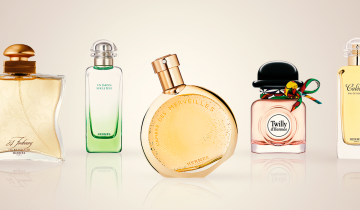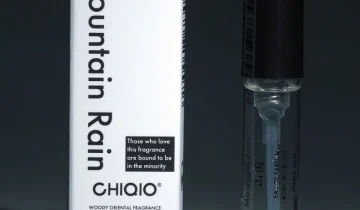written by Katalina Rico
edited by CHIQIO
key words: perfume, scent, history
Perfume, a timeless symbol of luxury and elegance with more than 4,000 years of history. Although nowadays we wear perfume to please others and smell good in public events it has not always been like that. There is a long history behind the perfume we normally wear every day.
In ancient times, perfume was considered exclusive and burned during religious ceremonies and rituals as a way of demonstrating status and relevance in society. Some fragrances were even presented as a symbol of loyalty and wealth.
Ancient beginnings
The journey of perfume started more than 4,000 years ago in Mesopotamia, which was made by a woman called Tapputi according to the stories found on a clay tablet from Mesopotamia, indicating the beginning of perfume in the history. These early perfumes were elaborated with natural ingredients such as flowers, wood, roots, oil, spices, and balsam, among other combinations.
Egyptian legacy
Mythologically the fragrance had a significant value for Egypt. At this time the perfume was extracted from herbs and plants through the enfleurage process, which was developed around 2,600 BCE. Mainly from flowers and used in religious ceremonies and rituals. Egyptians dedicated perfumes to their gods as a sacred symbol of gratitude and admiration, praying for divine guidance and support. Oils and perfumes were also utilized in funerals, as a result, the body is considered clean and protected to honour the deceased and his actions.
Ancient Rome
The Greeks played a vital role in the development of perfume since during this time it turned a different view from before. During this time perfumes were made with oils, fatty parts, and bitter almond oil. The usage of perfume was mostly for festivities and personal care in daily life, being used basically in almost
every event from marriage to death ceremonies. The elaboration involved different extraction methods and blending techniques to create the scents, being soaked in water or wine.
Medieval usage
During this time the usage of perfumes declined due to the concept of paganism. Nonetheless, crusades in Europe had an opposite form of interpretation, which was focused mostly on nobles and how personal hygiene became complicated in terms of staff and time. For this reason, perfumery had an important place during this time in Europe.
Modern adoption
The 17th century in Europe marked the beginning of modern perfume in France, where solid perfumes were replaced by liquid ones. Synthetic compounds and chemicals were incorporated into perfumes, revolutionizing history like ever before. As a result, perfumes turned out to be more affordable, used and varied in the industry. Furthermore, perfumes have a wide variety of types both natural and synthetic to create unique fragrances in the market for all preferences.


 No products in the cart.
No products in the cart.